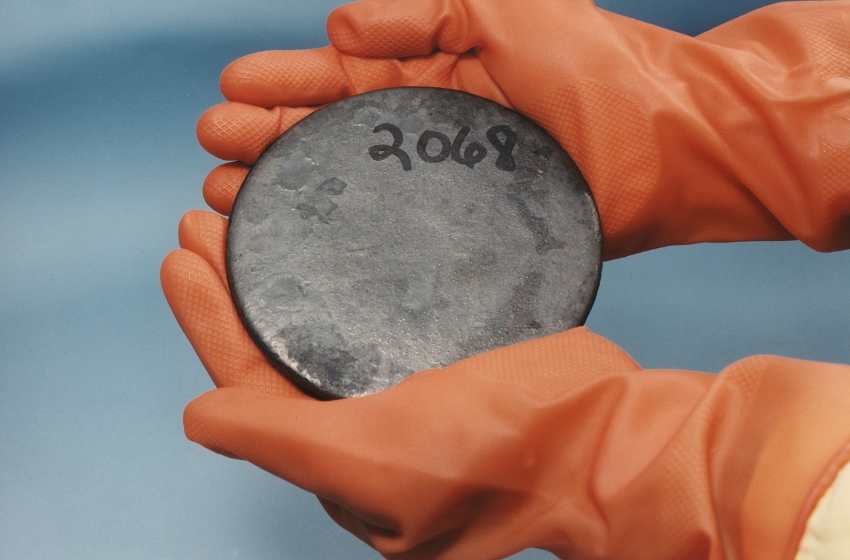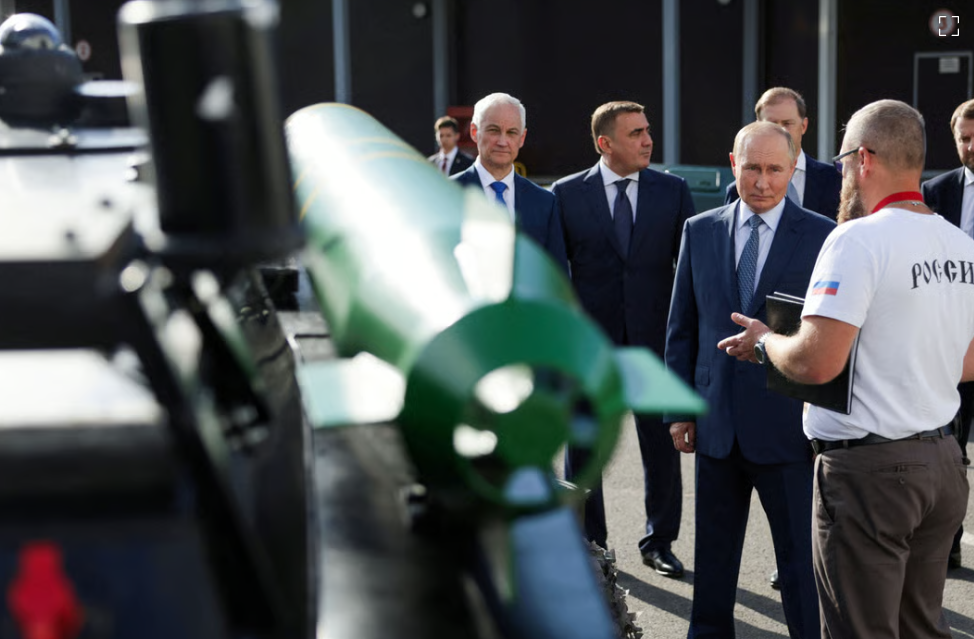Russian state corporation Rosatom continues to earn significant profits through its Dutch subsidiary, Uranium One Cooperative, amassing hundreds of millions of dollars while European countries have yet to impose sanctions on the Russian nuclear sector, according to Uranium One Cooperative's annual report.
The report highlights how Russia benefits greatly from Europe's dependency on its nuclear resources, even amid the ongoing war in Ukraine. The reliance of Western governments on Russian supplies prevents them from sanctioning Rosatom, which controls the occupied Zaporizhzhia Nuclear Power Plant.
Rosatom's Dutch subsidiary is actively involved in uranium mining in Kazakhstan and Tanzania. The revenue from these activities is directed to the Netherlands before flowing to Russia. In 2022 alone, the Dutch branch of Rosatom reported a profit of $240.6 million, a significant portion of which was transferred to the parent company in Russia.
Russia benefits substantially from trading uranium and other nuclear materials. In 2022, Rosatom paid over 291 billion rubles (approximately 3.1 billion euros) in taxes to the Russian state budget.
Despite this considerable revenue influx, Rosatom remains shielded from European sanctions due to the West's heavy reliance on Russian suppliers, who control about 35% of the global enriched uranium market. Additionally, older Soviet-designed nuclear power plants (such as VVERs) in countries like the Czech Republic, Slovakia, Bulgaria, Hungary, and Finland rely on Russian nuclear fuel supplies.
Last year, European imports of nuclear fuel from Russia doubled. Slovakia and the Czech Republic, in particular, significantly increased their purchases, possibly in anticipation of potential future sanctions.
Rosatom, Russia's leading nuclear corporation, also faces scrutiny over its shadowy activities, including allegations of corruption and involvement in international espionage. The corporation is accused of using its resources to lobby for its interests and infiltrate international organizations such as the IAEA, posing risks to global security and undermining international standards.





















